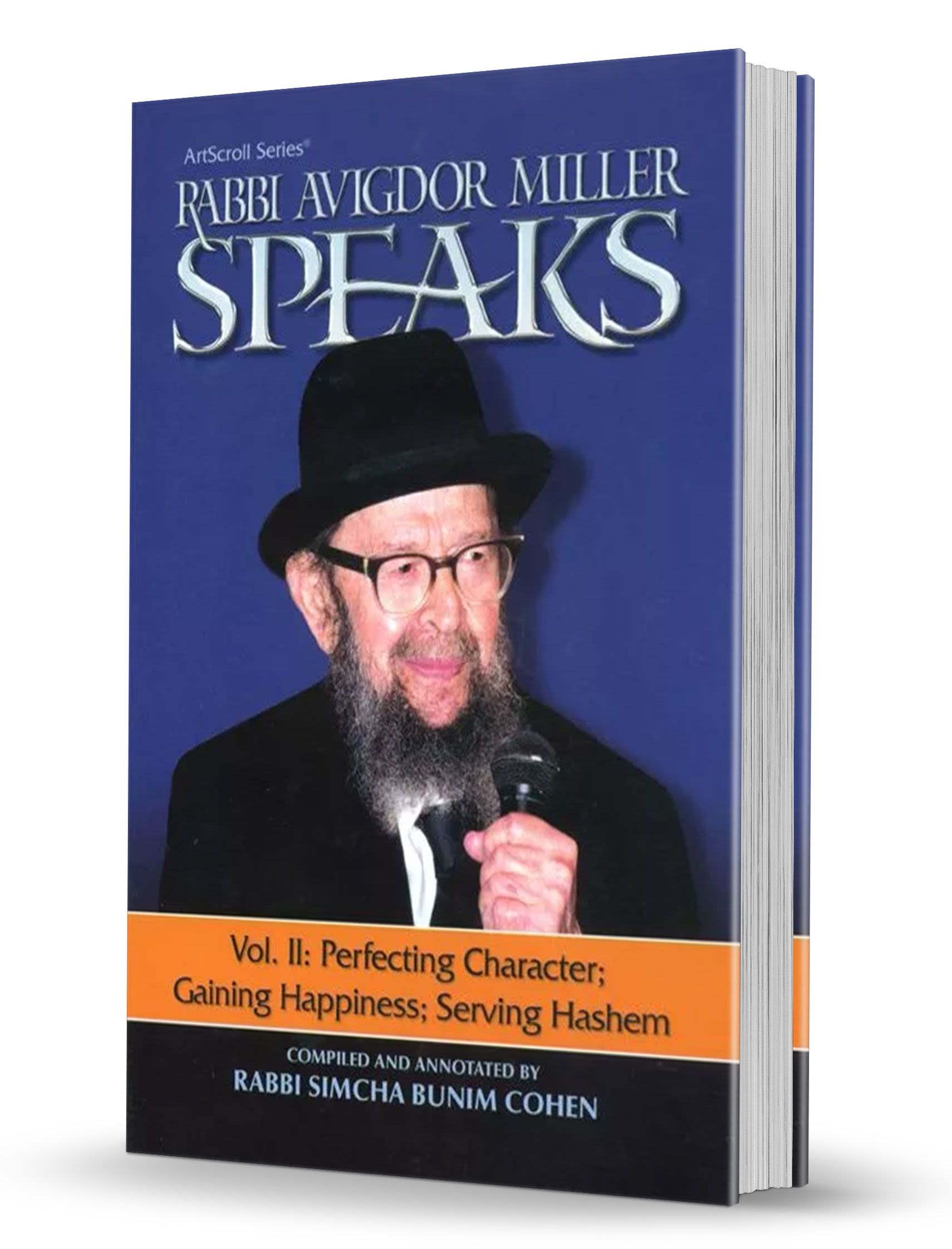
The Ear that Hears
Rebbe Nachman explains that if a pupil hears a teacher, and internalizes the teacher's will while subjugating his own will, then he has capably heard the teacher...

The Gemara teaches that repeating a sin dulls a person's spiritual sensitivity, so much so that the repeated sin appears to him or her as something completely permissible.
There's one other damage that repeated sin does – it dulls a person's hearing, his or her spiritual sense of sound. How? Repeated sin robs a person's ability of hearing the Divine voice speak through his or her conscience.
As long as a person doesn't become totally corrupt, he or she still hears the Divine voice within them. These are the probing questions that reverberate in a person's heart after doing something that wasn't fully upright. But the more a person repeats a sin, the less the Divine voice is audible. Yet when a person wants to do good and desires to mend his or her ways, they benefit the prophet's blessing (Isaiah 6:10),  "And his ears shall hear, and his heart shall understand, and he shall repent and be healed."
"And his ears shall hear, and his heart shall understand, and he shall repent and be healed."
The Torah is hereby teaching us the importance of the sense of sound, for without good "spiritual hearing", one cannot fully come close to Hashem. The heart, if it so desires, can hear the will of Hashem, for the prophet also says (ibid, 1:19), "If you will, you shall hear." We therefore learn that hearing depends on desire; if you don't want to hear someone, you won't. Also, perfunctory hearing makes no impression on a person's heart. A person can hear hundreds of hours of Torah lectures, but if he doesn't heed and internalize them with desire, they'll have no effect on him.
Rebbe Nachman explains that if a pupil hears a teacher, and internalizes the teacher's will while subjugating his own will, then he has capably heard the teacher. The opposite also holds true. So once again, if a child lacks the will to internalize and heed the teacher's message, he won't hear him at all, for hearing depends on desire.
King Solomon prayed to Hashem and requested a "heart that hears" (Kings I:3). He requested that his heart should recognize the truth and be able to discern between the just and the unjust. True hearing is within our hearts, for Hashem speaks to us by way of all the people, events and stimuli of our environment. We must therefore sharpen our sense of spiritual hearing and be attentive to Hashem's subtle messages. We should avoid being what Isaiah the Prophet calls, "The fat of heart…and the hard of hearing." We should beg Hashem to help us discern truth, and to help us be sensitive to the voice of holiness.
King David said (Psalm 40:7), "You desired neither a sacrificial animal nor a meal-offering, You opened my ears, a burnt-offering or sin-offering You did not request." King David is teaching us that Hashem would much prefer that a person listen to Him and internalize His will, rather than sin and then appease Him with all types of ritual sacrifices. Hashem wants us to listen to the true tzaddikim who guide us along the proper path in life. Rebbe Nachman says (Sefer Hamidot, Tzaddik) that what a person hears from the mouth of the tzaddik is more beneficial to him that what he learns in a book. Therefore, anyone who cares about his or her spiritual development will strengthen their belief in the true tzaddikim.
Rebbe Nachman emphasizes that emunat tzaddikim – the belief in tzaddikim – also depends on one's hearing (see Likutei Moharan I:21). King Solomon alludes to this very principle when he says (proverbs 15:31), "The ear that hears live-giving reproof will abide in the midst of the wise." Anyone who seeks a life of true spiritual health will listen to the words of the wise, our spiritual leaders in every generation.











Tell us what you think!
Thank you for your comment!
It will be published after approval by the Editor.